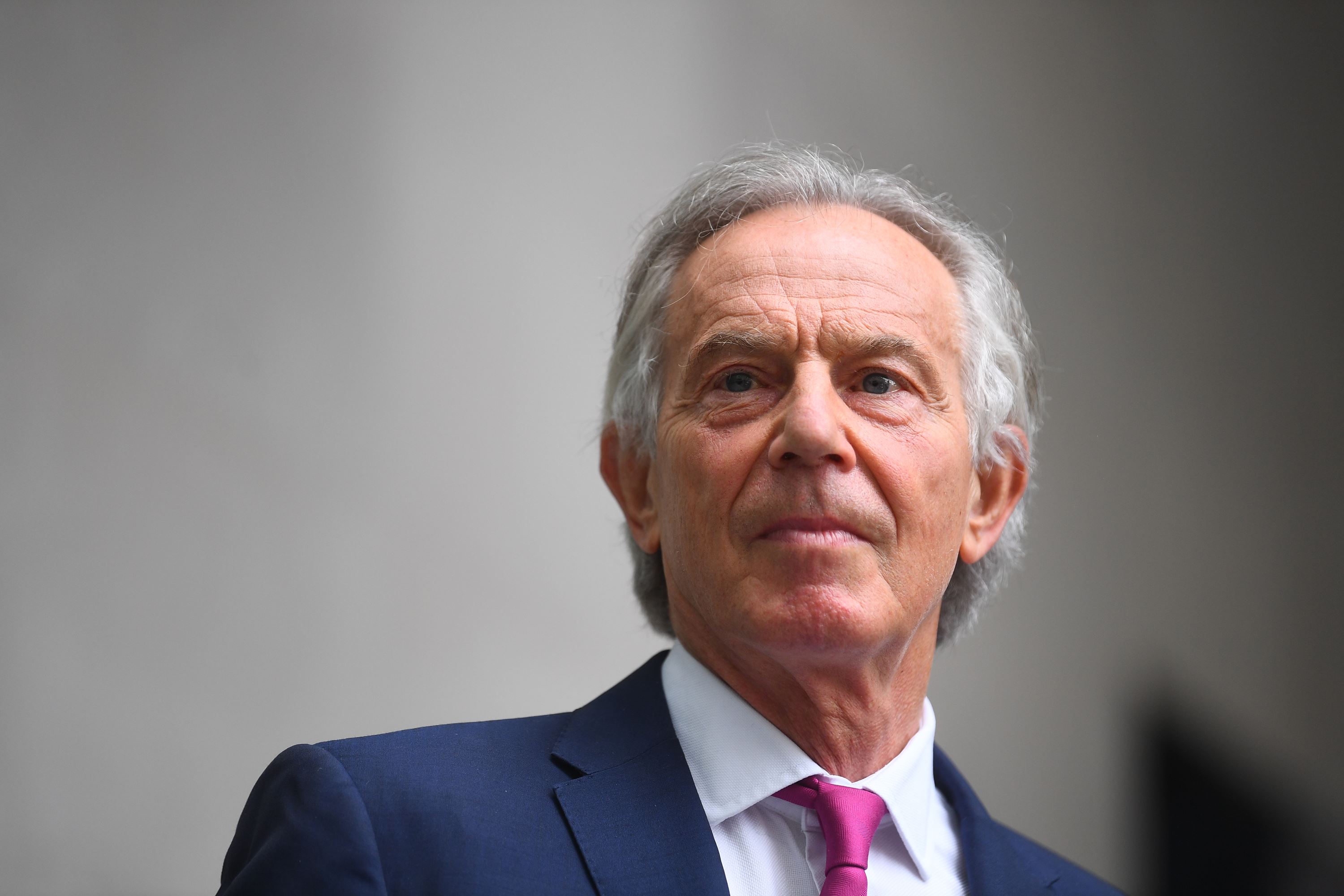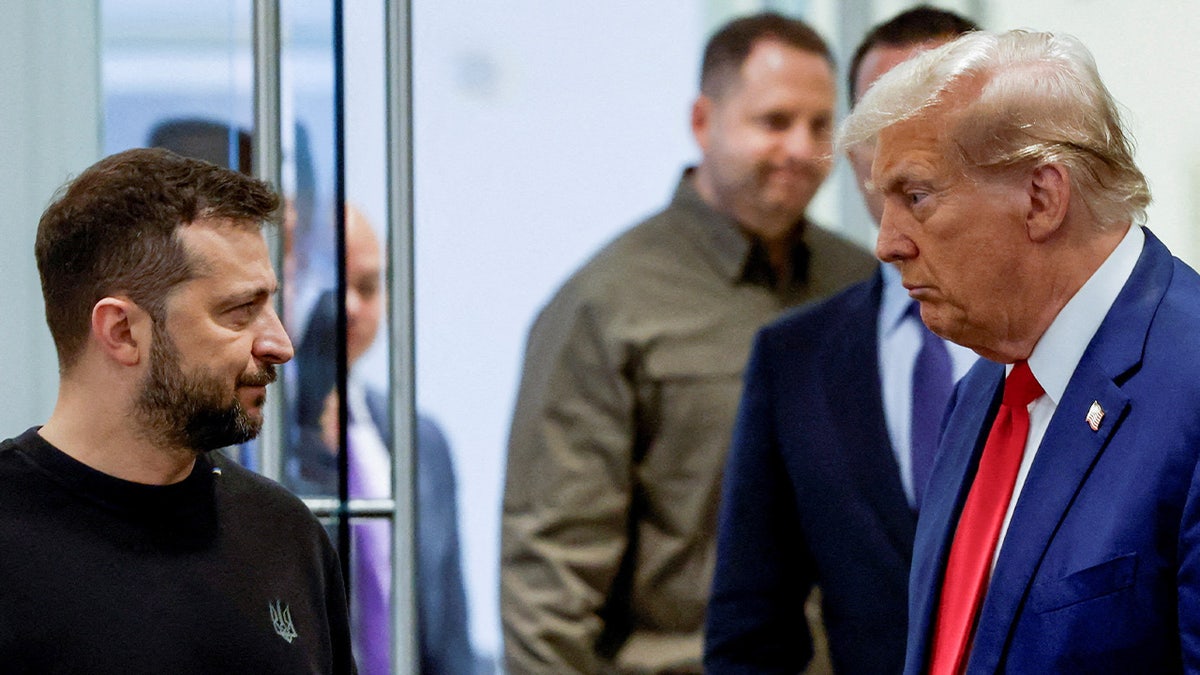The Unfolding Nightmare: Gaza Hostage Crisis And The Plight Of Families

Table of Contents
The Human Cost: Emotional Trauma and Psychological Impact
The Gaza Hostage Crisis has inflicted profound emotional wounds on families. The sheer uncertainty, coupled with the brutal reality of the conflict, has created a widespread psychological crisis.
Grief and Uncertainty: Families separated, fearing for the lives of loved ones.
- Heartbreak and Separation: Many families have been torn apart, with loved ones held hostage, leaving behind a void filled with agonizing uncertainty and fear. Stories abound of parents desperately searching for their children, siblings separated, and spouses left in limbo, unsure of their loved ones' fate. The Gaza conflict has cruelly shattered family bonds.
- The Emotional Rollercoaster: Families endure a relentless emotional rollercoaster, swinging between desperate hope and crushing despair. Every piece of news, or lack thereof, exacerbates the psychological toll, leaving them emotionally exhausted and vulnerable. The constant fear for their loved ones' safety contributes to significant anxiety and depression.
- Testimonies of Despair: While specific testimonies may be withheld for privacy and safety reasons, countless accounts paint a picture of profound suffering and unrelenting emotional anguish. The silence surrounding many hostages only deepens the pain and uncertainty.
Lack of Information and Communication: The agonizing wait for news and updates.
- Communication Breakdown: The conflict has led to a severe breakdown in communication, leaving families struggling to obtain any information about their missing relatives. Phone lines are down, internet access is limited, and traditional communication channels are disrupted. The information scarcity surrounding the Gaza crisis adds to the emotional trauma.
- The Impact of Information Blackouts: The deliberate withholding of information, or the spread of misinformation, only compounds the anxiety and fear experienced by families. This lack of transparency fuels speculation and increases the psychological burden on those already grieving.
- The Role of Media and Social Media: While media outlets play a crucial role in disseminating information, the conflicting reports and unverified news can add to the emotional turmoil. Social media, while a potential source of information and support, can also be a breeding ground for rumors and misinformation, causing further distress to families.
Long-Term Psychological Effects: The lasting scars of trauma and the need for support.
- Post-Traumatic Stress Disorder (PTSD): The prolonged uncertainty, fear, and trauma associated with the Gaza Hostage Crisis are likely to lead to widespread PTSD and other mental health challenges. The lack of adequate mental health services further compounds the problem.
- Mental Health Challenges: Many hostages and their families will require long-term psychological support to address the profound trauma they have experienced. This includes therapy, counseling, and access to mental health professionals experienced in dealing with trauma.
- Trauma Recovery: The road to recovery from this kind of trauma is long and complex. Specialized programs, community support, and access to mental health resources are crucial for facilitating healing and preventing long-term psychological damage.
Humanitarian Crisis: Access to Essentials and Medical Care
The Gaza Hostage Crisis has exacerbated an already dire humanitarian situation. The ongoing conflict and the blockade have severely limited access to essential resources, impacting the health and well-being of all Gazans, particularly those directly affected by the hostage crisis.
Limited Access to Food, Water, and Shelter: The basic needs unmet amidst the conflict.
- Food Insecurity: The ongoing conflict has disrupted food supplies, resulting in widespread food insecurity. Many families struggle to obtain adequate food for themselves and their children, leading to malnutrition and hunger. The delivery of humanitarian aid is severely hampered by the ongoing violence.
- Water Scarcity: Access to clean and safe drinking water is extremely limited, putting the population at risk of waterborne diseases. Damage to water infrastructure and limited resources hinder efforts to provide clean water. The Gaza humanitarian crisis is deeply impacting access to basic necessities.
- Shelter Crisis: Many homes have been damaged or destroyed during the conflict, leaving thousands of people displaced and homeless. The lack of adequate shelter exposes vulnerable populations to the elements and further increases their suffering.
Access to Medical Care: The struggle to receive essential medical treatment.
- Damaged Hospitals and Medical Facilities: Hospitals and medical facilities have sustained damage, limiting their capacity to provide adequate medical care. Shortages of medical supplies and equipment further hinder their ability to treat the injured and sick.
- Shortage of Medical Personnel: The ongoing conflict has put a strain on medical personnel, who are working under extremely difficult and dangerous conditions. Many have been injured or killed, exacerbating the shortage of healthcare professionals. The Gaza healthcare system is struggling under the immense pressure of the conflict.
- Impact on Vulnerable Populations: Children, the elderly, and people with pre-existing medical conditions are disproportionately affected by the limited access to healthcare. Their needs are often overlooked amidst the chaos and urgency of the crisis.
The Plight of Children: The unique vulnerabilities of children caught in the crossfire.
- Trauma on Children: Children are particularly vulnerable to the psychological trauma caused by violence and displacement. Witnessing violence, experiencing loss, and living in fear have devastating effects on their mental and emotional well-being. The Gaza children are bearing the brunt of this devastating conflict.
- Disruption of Education: The ongoing conflict has disrupted education, leaving many children unable to attend school. This impacts not only their education but also their social and emotional development.
- Loss of Loved Ones: Many children have lost family members, friends, or loved ones due to the conflict, leaving them grieving and traumatized. This loss has profound long-term consequences on their development and mental health.
International Response and Calls for Action
The international community's response to the Gaza Hostage Crisis is critical in addressing the humanitarian crisis and finding a pathway to peace.
International Community's Role: The actions (or inaction) of different nations and organizations.
- International Aid Efforts: Several countries and international organizations are providing humanitarian aid to Gaza. However, the scale of the crisis requires a much more substantial and coordinated international effort. The delivery of aid remains challenging due to security concerns and logistical hurdles.
- Diplomatic Efforts: Diplomatic efforts are underway to secure the release of hostages and facilitate peace negotiations. However, progress has been slow, highlighting the complexities of the conflict and the need for a more robust diplomatic strategy. The international community needs to exert stronger diplomatic pressure on all parties involved.
- Criticisms of Responses: The international community has faced criticism for its slow and inadequate response to the crisis. Many believe that more decisive action is needed to address the humanitarian needs of the population and secure the release of hostages. The lack of unified and decisive international action is a major concern.
Advocacy and Awareness: The role of NGOs, activists, and media in raising awareness.
- NGO Efforts: Numerous NGOs are working on the ground in Gaza, providing humanitarian assistance, advocating for the rights of victims, and raising awareness about the crisis. Their efforts are crucial in providing support to those most affected.
- Media Coverage: The media plays a vital role in disseminating information, raising awareness, and putting pressure on governments and international organizations to take action. Responsible and unbiased reporting is essential.
- Social Media Campaigns: Social media campaigns can amplify the voices of victims, raise awareness, and mobilize support for humanitarian efforts. These campaigns can effectively bring the plight of those impacted by the Gaza Hostage Crisis to a wider audience.
Potential Solutions and Pathways to Peace: Exploring potential avenues for conflict resolution.
- Peace Negotiations: A sustained and inclusive peace process is essential to achieving a lasting solution to the conflict. This requires meaningful dialogue between all parties involved, mediated by the international community. A strong focus on humanitarian diplomacy is paramount.
- Addressing Underlying Issues: Any lasting solution must address the underlying political, economic, and social issues that fuel the conflict in Gaza. This includes resolving issues related to the blockade, access to resources, and the overall political status of the region. A sustainable peace agreement requires addressing the root causes of the conflict.
- Humanitarian Diplomacy: A strong emphasis on humanitarian diplomacy is critical in fostering dialogue, building trust, and finding peaceful resolutions to the conflict. This requires international organizations and individual governments to actively engage in mediation efforts.
Conclusion
The Gaza Hostage Crisis represents a profound human tragedy, illustrating the devastating consequences of conflict on families and communities. The emotional toll, humanitarian challenges, and urgent need for international intervention demand immediate attention. The plight of families caught in this unfolding nightmare underscores the necessity of prioritizing peace negotiations and humanitarian aid. We must continue to advocate for the release of hostages, ensure the delivery of essential aid, and work towards a lasting solution to bring peace and stability to Gaza. Let us collectively strive to end this Gaza Hostage Crisis and alleviate the suffering of its victims. The international community must act decisively to prevent further suffering and ensure accountability for those responsible. Only through sustained and coordinated effort can we hope to resolve this crisis and prevent future tragedies of this magnitude.

Featured Posts
-
 Myanmar Prioritas Penanggulangan Judi Online Dan Penipuan Telekomunikasi
May 13, 2025
Myanmar Prioritas Penanggulangan Judi Online Dan Penipuan Telekomunikasi
May 13, 2025 -
 Byds Rise Fords Decline And The Future Of Evs In Brazil
May 13, 2025
Byds Rise Fords Decline And The Future Of Evs In Brazil
May 13, 2025 -
 Reyting Filmov Dzherarda Batlera Ot Khoroshego K Luchshemu
May 13, 2025
Reyting Filmov Dzherarda Batlera Ot Khoroshego K Luchshemu
May 13, 2025 -
 Keir Starmer Defends Gibraltars Sovereignty A Deeper Look At The Dispute
May 13, 2025
Keir Starmer Defends Gibraltars Sovereignty A Deeper Look At The Dispute
May 13, 2025 -
 Trumps Actions On Ukraine How Us And European Pressure Shifted
May 13, 2025
Trumps Actions On Ukraine How Us And European Pressure Shifted
May 13, 2025
